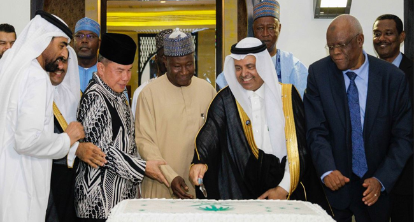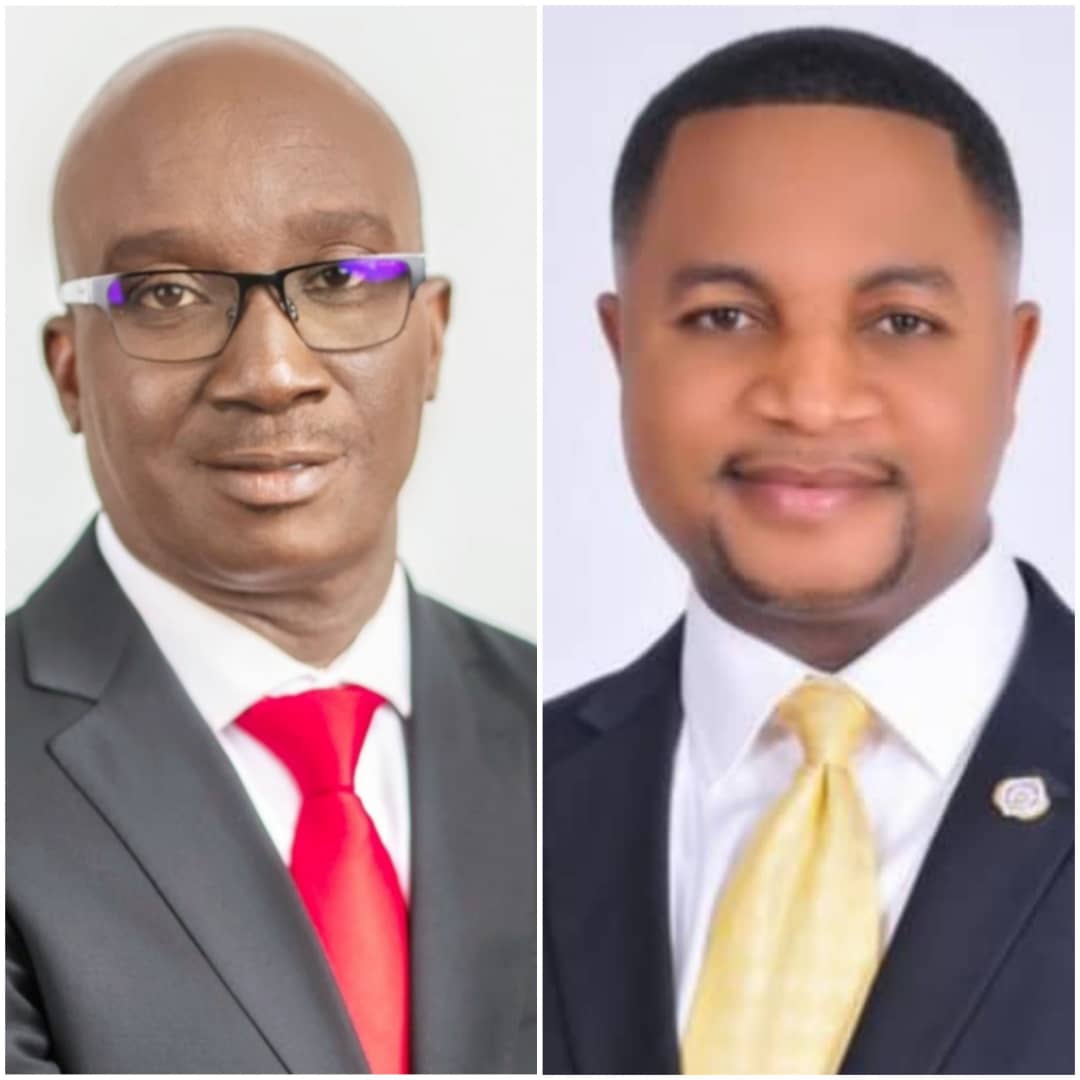Aliko Dangote, Africa’s wealthiest man, has called on the Federal Government to completely end fuel subsidies, stating that the removal would help determine the actual petrol consumption in Nigeria and ease currency pressures.
Gatekeepers News reports that Dangote, in a recent interview with Bloomberg Television, emphasised that subsidies are a sensitive issue, and when something is subsidised, people tend to inflate prices, causing the government to pay more than necessary.
“Subsidy is a very sensitive issue. Once you are subsidizing something then people will bloat the price and then the government will end up paying what they are not supposed to be paying,” he said.
Dangote’s $20 billion mega refinery in Lagos, which can refine 650,000 barrels of crude oil daily, is expected to help stabilise the naira.
“The removal of subsidies is totally dependent on the government, not on us. We cannot change the price, but I think the government will have to give up something for something,” he added.
The businessman revealed that his refinery started supplying gasoline on September 15 to the state-owned oil company for domestic sale. He also confirmed ownership of two oil blocks in the upstream sector with an expected production date of next month.
Dangote noted that ending fuel subsidies would reduce currency pressures, as petroleum products consume about 40% of Nigeria’s foreign exchange.
“Petroleum products consume about 40% of our foreign exchange,” he said, adding that fuel from his refinery “can actually stabilise the naira.”
The Federal Government had previously attempted to remove fuel subsidies but quickly reinstated them due to public protests. However, with Dangote’s refinery now operational, the government may reconsider ending subsidies.
Dangote also discussed the pricing disagreement with the Nigerian National Petroleum Company Limited (NNPC), stating that the national oil company bought gasoline from his refinery at a cheaper price than imported fuel but gave a uniform price for all products.
Regarding crude oil sales anticipated to begin in October, Dangote said discussions are ongoing, and a detailed agreement will be finalised this week.
“We will sell the crude in naira after we have bought in naira. So now we are currently working out with the committee that the exchange rate is going to be priced,” he explained.
The agreement is expected to provide energy security and benefit the country.
“The deal is to give the government something that they want. It’s also a win-win situation for all,” Dangote said.







